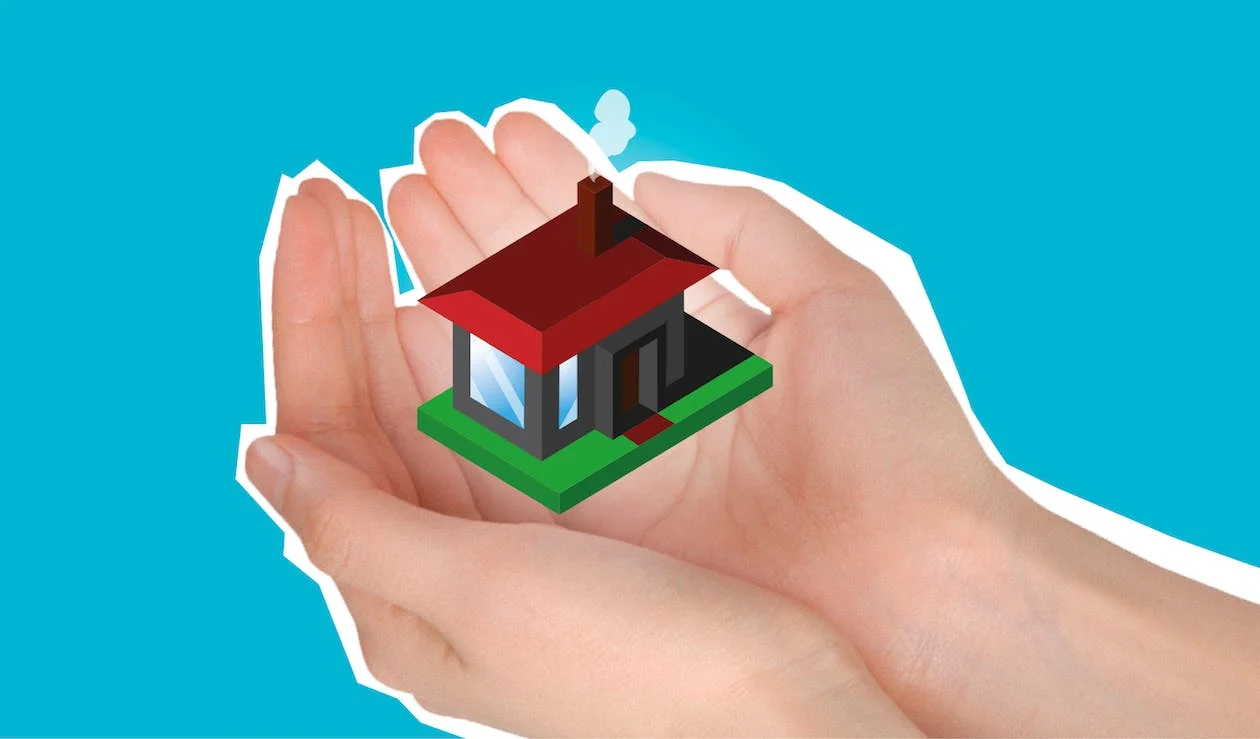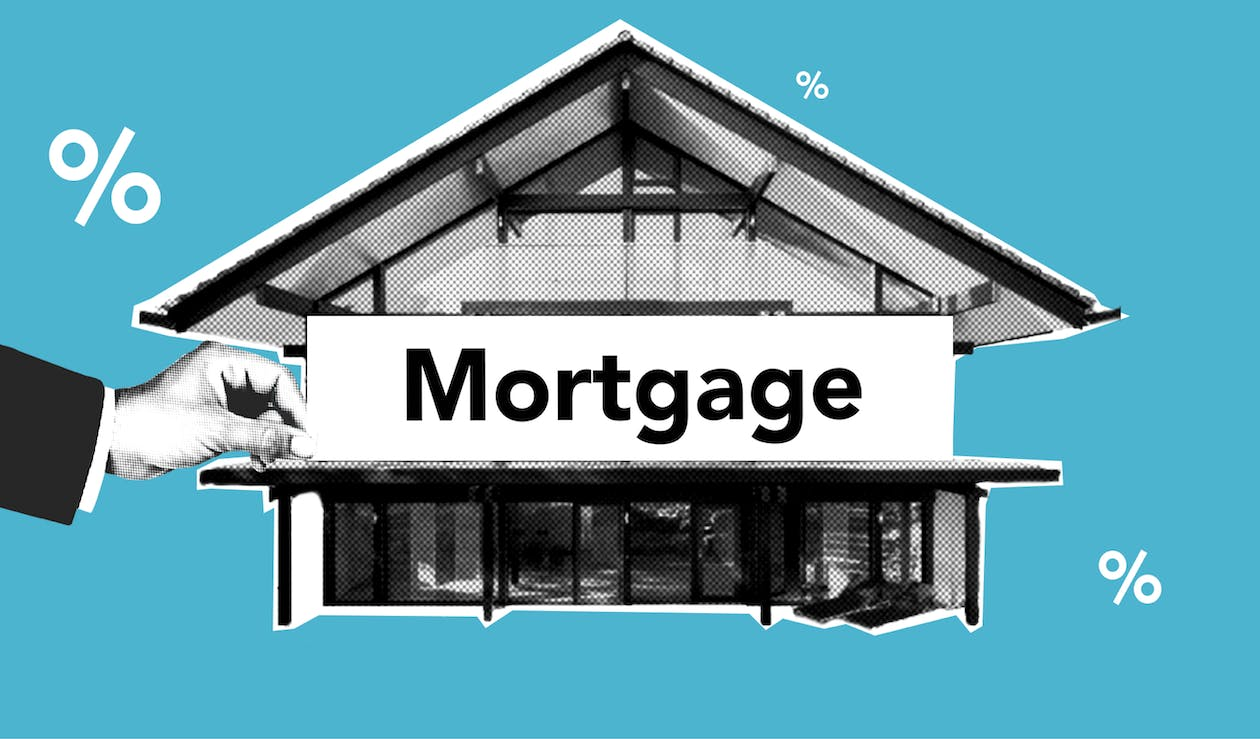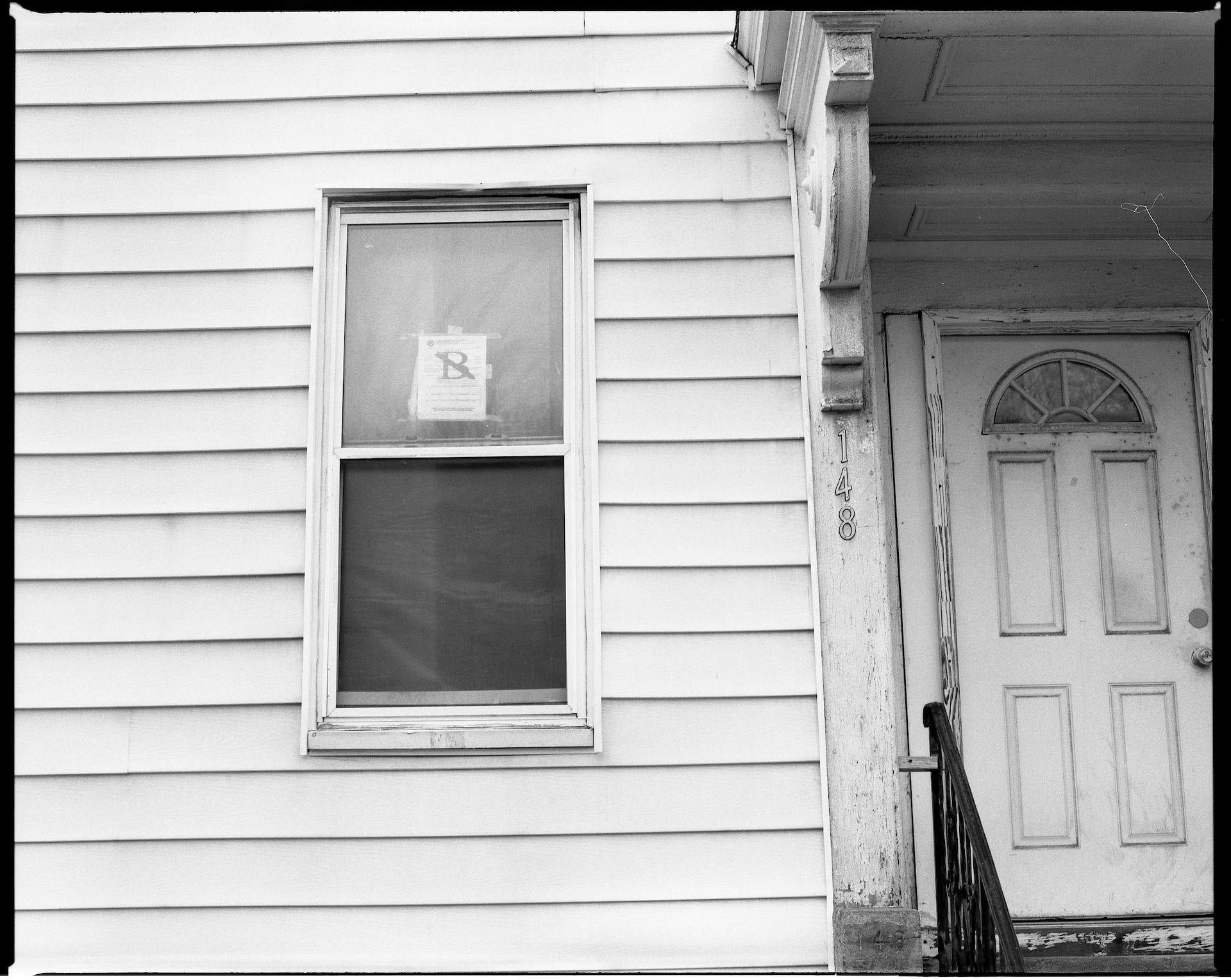Homeownership marks an exciting new chapter of life and, for most people, represents one of their largest financial investments ever. Securing a mortgage loan is often imperative in this process and encompasses a range of options, each presenting distinct conditions, rates, and features. Even statistics show that the total outstanding mortgage debt in the US amounts to $12.01 trillion, highlighting the importance of mortgages in your homeownership journey.
In this blog post, we delve deep into the various mortgage loan types to help you make an informed decision when financing your dream home.
Understanding Home Loans
Home loans are financial arrangements in which borrowers get funds from a lender or financial institution to purchase or refinance an existing home, usually over 15–30 years with interest accruing throughout. Your choice of home loan will have an immense effect on both your financial well-being and homeownership experience.
Reverse Mortgage Loans
Reverse mortgage loans are financial tools designed to give senior homeowners, generally those aged 62 or over, access to income using their homes as collateral. Reverse mortgages offer homeowners an alternative method for tapping into their home equity without selling it or making monthly mortgage payments. Loan payments become due when the homeowner either permanently leaves the home, sells it, or passes away. Reverse mortgage loans can provide financial security in retirement.
Before embarking on this path, it is vitally important that you carefully consider all terms, fees, and potential impacts on your estate before making a decision. Informed decision-making requires thorough research on all available loan options as well as managing to find a loan officer based on your location who can offer personalized guidance based on your unique circumstances or needs.
Fixed-Rate Mortgage
Fixed-rate mortgages are an accessible and straightforward choice. Their interest rate remains constant over the loan’s lifecycle, offering predictability and security to homeowners. Common options for fixed-rate loans are 15-year and 30-year loans from certain lenders. Although their initial rates tend to be slightly higher than with adjustable-rate loans, they provide peace of mind from market fluctuations and provide predictability and stability to borrowers.
Fixed-rate mortgages offer predictability that can help borrowers budget with confidence, knowing their monthly payments won’t fluctuate throughout the life of their loan. Fixed-rate mortgages provide long-term homeowners with greater security against rising interest rates and peace of mind when it comes to the repayment of their homes. This is something adjustable-rate mortgages cannot offer when rates increase.
Fixed-rate mortgages often feature higher initial interest rates compared to adjustable-rate loans. Therefore, borrowers could pay more overall in interest over the life of their loan compared to those with adjustable-rate loans if interest rates remain stable.
Adjustable-Rate Mortgage (ARM)
An adjustable-rate mortgage (ARM) typically offers an initial fixed-interest rate period, usually three to ten years long, after which its rates adjust periodically according to an index (LIBOR or Treasury rate), resulting in monthly payment changes, making ARMs more unpredictable than fixed-rate loans. However, these loans typically offer lower initial interest rates, making them attractive options for some borrowers.
An adjustable-rate mortgage offers many advantages to homebuyers and refinancers alike, including lower initial interest rates, which translate to reduced initial monthly payments. This feature can especially benefit borrowers looking to sell or refinance before the adjustable-rate period begins. They can take advantage of lower initial rates without being subject to future fluctuations in rates.
However, one major drawback of ARMs is their inherent uncertainty. Interest rates and monthly payments can fluctuate significantly after the initial fixed-rate period, potentially causing financial strain for borrowers if rates rise substantially. Budgeting can also be more challenging with an ARM, as homeowners must prepare for the possibility of higher payments in the future.
USDA Loans
USDA loans promote homeownership in rural and suburban communities by giving low- to moderate-income borrowers access to houses without making a down payment necessary. They are guaranteed by the Rural Development Guaranteed Housing Loan Program of the USDA.
One of the primary advantages of USDA loans is the zero down payment requirement, which can make homeownership more accessible to rural and suburban residents with limited savings. Additionally, USDA loans often come with competitive interest rates and fixed-rate options.
However, USDA loans are limited to specific geographic areas designated as rural or suburban by the USDA. Borrowers must also meet income eligibility requirements to be eligible for these loans.
Final Words
The world of home loans and mortgage options is vast and multifaceted, offering a range of choices to suit diverse financial situations and homeownership goals. Your priority could be stability with a fixed-rate mortgage, initial savings with an adjustable-rate mortgage, or accessibility via government-backed loans like USDA. There’s an ideal loan available that fits.
As you navigate this complicated world, it’s essential to carefully consider all options and consult with experienced professionals for guidance. By consulting a reliable loan officer near your location, you can make an informed decision that aligns with your financial aspirations while giving you access to your dream home.

















